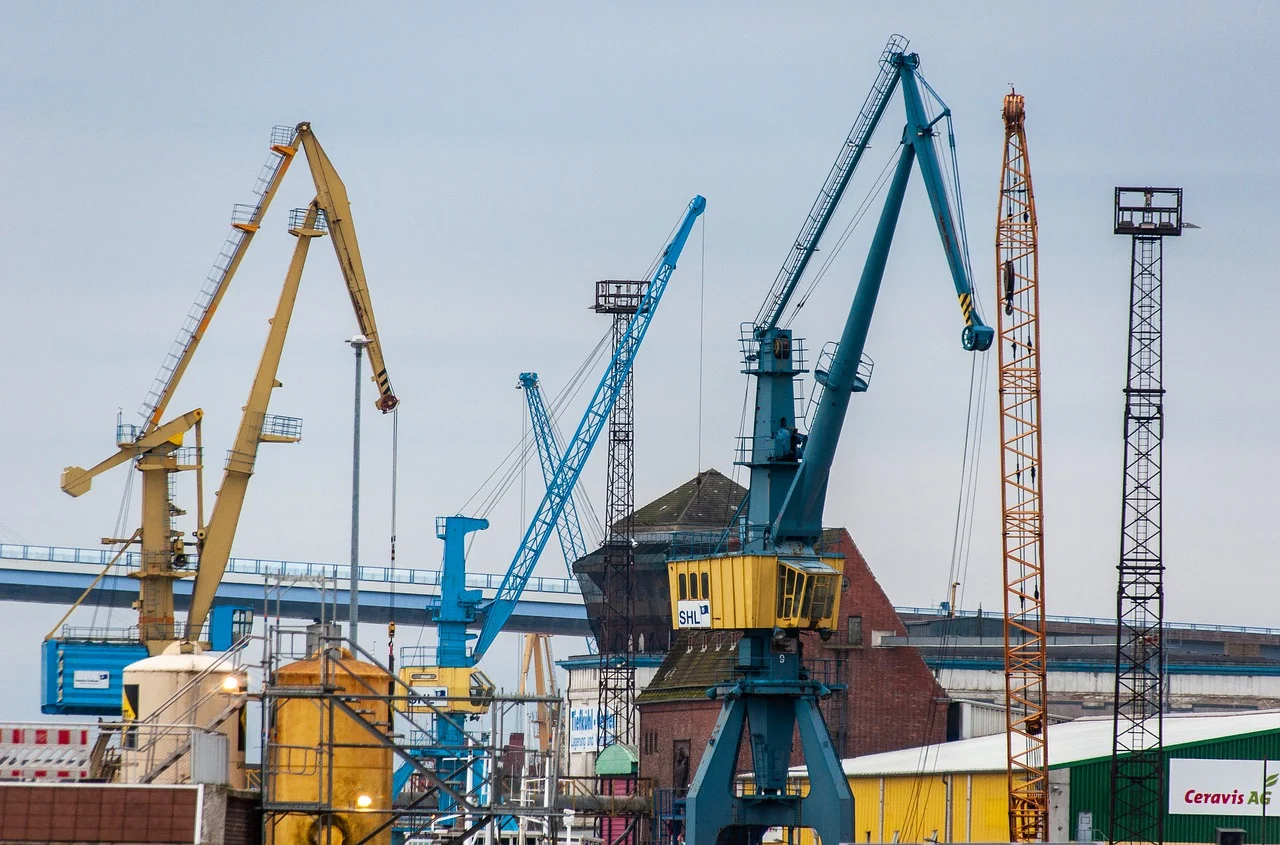The Global Impact Of Conveyor Systems On Modern Industries

Do you run a company that produces and distributes products? Or do you run a warehouse for your e-commerce products? The transportation of items between different warehousing departments for picking and packaging preparation is a time-intensive and complicated process. Manual efforts seldom bear quality results. Therefore, many companies opt for conveyor systems to streamline the movement of items.
Modern conveyors automate different warehousing and manufacturing processes, ensuring timely outcomes. The conveyor industry has grown massively and is expected to reach USD 11.375 billion by 2034. Conveyor systems have impacted modern businesses in the following five ways.
1. Intensified E-commerce Industry Growth

The e-commerce industry attained massive adoption during the Corona era when shopping was entirely online. The handling of items in modern warehouses has become an interesting topic, necessitating a change in the packing and picking technology. Many e-shops have deployed conveyors to improve the efficiency of their operations by automating material handling. Even small-scale e-shops use this technology to ensure timely item delivery.
The hassle of wasting hours exploring an extensive inventory to find specific items is now sorted. Your warehousing teams can deploy conveyors to find and package items ready for delivery. Modern conveyor systems support integration with industrial machinery, speeding production and deliveries. You can cut your operational costs and avoid losses related to product damages during logistics.
2. Promotes Sustainability
Every industry expects its operations to be smooth, using less fuel to complete more demanding tasks. You will discover best-value conveyors that use lower fuel to handle time-intensive processes. Conveyor systems have efficient designs and technologies, which minimize operational costs. Furthermore, advanced options have regenerative brakes and energy-efficient motors, cutting operational costs by a substantial percentage. With these features, your conveyor system can operate for many hours at manageable costs.
Recyclers utilize these technologies to achieve sustainable operations. They can handle their waste management projects without compromising operational costs. Also, these systems make it easier for these pioneers to sort and move recycled materials within processing plants. Leverage the correct conveyors to minimize operational footprint and evade labor costs.
Enterprises looking to achieve sustainable growth while maintaining costs within reach acknowledge the potency of conveyors. Integrating with existing infrastructure provides leverage for maximizing operational efficiency. Those in the waste management industry can effortlessly sort diverse materials for quick packaging and disposal.
3. Maximized Workplace Safety
Chemical burns, respiratory health issues, and poisoning are safety concerns prevalent in industries handling harsh chemicals. Injuries and knockdowns are rampant issues in industries handling heavy loads and equipment. These problems have become rampant in industries that overlook process automation technologies. Conveyors automate the handling of harsh chemicals and heavyweight equipment. Therefore, workers seldom get involved in handling processes.
Some firms integrate conveyors with stop buttons and emergency sensors. The technologies can detect threats to stop processes and signal for help. Leverage these robust innovations to ease heavyweight and equipment lifting. Add them to your processing plants to streamline product packaging and protect workers.
4. Revolutionizing Growth of Emerging Economies

Conveyor belts have a substantial impact on the growth of emerging economies. These technologies provide these economies with robust technologies to improve their industrial operations. Many emerging economies depend on manufacturing, mining, and agricultural industries for economic growth. Introducing the technologies to their operations can streamline operations by automating material handling and cutting labor costs.
Some South American and African industries rely on conveyor belts to improve their mining activities. They ensure the transportation of minerals over long distances while minimizing manual labor and workplace hazards.
Furthermore, many medium and small-sized enterprises in emerging economies largely depend on conveyor belts to revolutionize processes. These economies require conveyor systems to streamline complicated processes of transporting, sorting, and packing crops. These technologies reduce post-harvest losses while maximizing profitability for farmers in small economies.
Small economies depend on conveyor technologies to attract foreign investments and enhance their supply chains. Because of their affordability and ease of integration with smart technologies, conveyor belts empower small economies to achieve more sustainable industrialization.
5. Adoption of Industry 4.0

The manufacturing industry has undergone extensive revolution until the current unfolding. The current era involves effective connectivity and communication among workers and devices. Industry 4.0 blends cyber-physical systems to help factories achieve smart operations. These smart tech facilitate seamless data generation, enabling companies to fine-tune their operations to achieve efficiency while reducing waste production. Conveyors can integrate into your machine network to revolutionize data creation and sharing.
Sensing technologies can detect when your company has new production and packaging orders. The smart integrations then trigger the conveyors to transmit materials to the desired locations. Also, these systems can detect when conveyors have underlying issues, prompting maintenance and repairs. Proactive and automatic equipment repairs can prevent downtime and related costs.
Wrapping Up
Are you into producing and supplying items as an e-shop operator or manufacturer? Handling thousands of orders per month presents you with the challenge of employee injuries and untimely deliveries. That happens when companies depend on manual processes to pick and package items. The recent adoption of conveyors has eliminated the hassle and costs of manual interventions. Manufacturers and e-shop operators leverage conveyors to automate complex processes while reducing costs.
